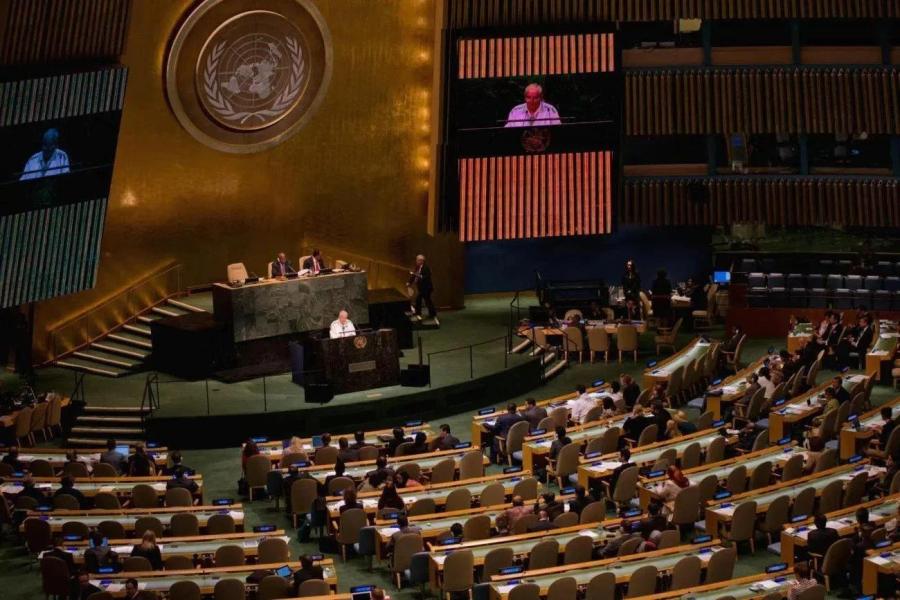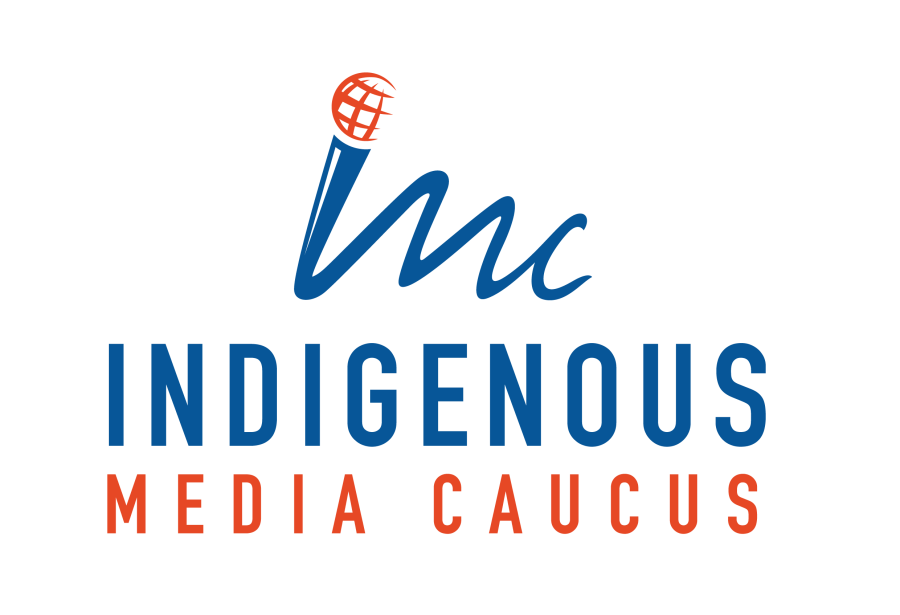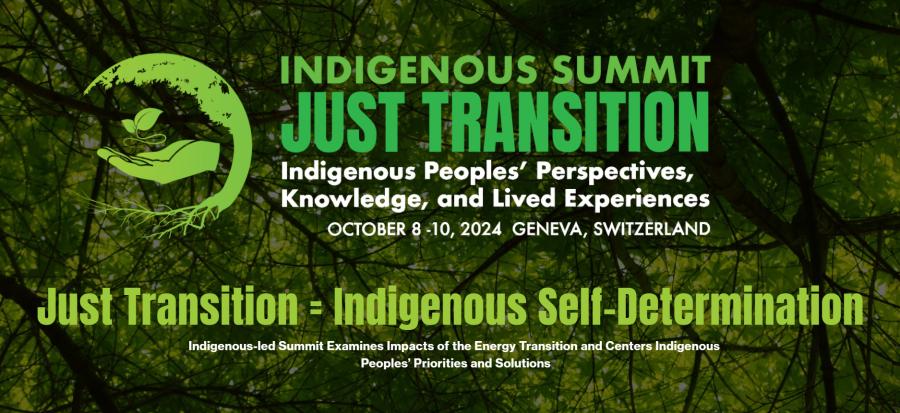Never before have the problems of the world's indigenous peoples occupied such an important place in the international human rights arena as in 1993, the UN International Year of the World's Indigenous People. Eleven years after the creation of the World's indigenous People. Eleven years after the creation of the UN Working Indigenous People. Eleven years after the creation of the UN Working Group on Indigenous Populations - the first formal relationship between indigenous peoples and the United Nations 0 indigenous peoples have finally begun to see their concerns recognized by a global community comprised of policy makers, press, non-governmental groups, and members of the public. Indigenous peoples contend, however, that the international community's recognition of their rights remains largely symbolic pending concrete changes in international law and policy.
The UN World Conference on Human Rights, which brought 179 government delegates to Vienna in June, included indigenous rights high on its agenda. Several hundred indigenous people and indigenous rights activists were among the approximately three thousand observers from non-governmental groups.
During the conference, indigenous representatives formally presented their concerns and grievances to government delegates, and called on the United Nations to institutionalize a commitment to indigenous rights in several ways. They asked that the United Nations appoint a UN Special Rapporteur on indigenous people and declare a UN International Decade for the World's Indigenous Peoples. They also called for strengthening the Working Group on Indigenous Populations and for rapidly completing and approving the Universal Declaration on the Rights of Indigenous Peoples.
Indigenous activists submitted recommended text for the final conference document, the Vienna Declaration, which outlines the United Nation's commitment to human rights. They urged especially that "indigenous peoples be recognized with inherent, distinctive collective rights, including rights of self-determination, self government and autonomy."
Despite these efforts, the Vienna Declaration contains only two paragraphs addressing indigenous peoples. One paragraph recognizes indigenous peoples' contributions to society reaffirms a stated international commitment to their well-being, including to their benefiting from sustainable development. The other paragraph calls for the Commission on Human Rights to "consider" renewing and updating the mandate of the Working Group after the declaration on indigenous people is completed. Nowhere does the document mention indigenous peoples' fundamental demand for self determination.
Indigenous observers at the conference say that these statements are week, watered-down versions of the basic rights they have been working to protect in the UN Draft Declaration on the Rights of indigenous People. The draft declaration, prepared by the UN Working Group on Indigenous Populations in consultation with over a hundred indigenous groups, recognize indigenous peoples' right to self-determination.
The original UN charter and the Vienna Declaration both state that the right of self-determination enables "all peoples" to freely determine their political status. Indigenous activists believe that only when they are recognized as "peoples" and not as "people" will their rights to self-determination and their protection under international law be upheld. Consequently, in their recommendations for the Vienna Declaration indigenous participants insisted that all references to "indigenous people" be made plural to emphasize their collective rights. This is a point that is controversial for most UN member governments, who fear that indigenous groups will interpret and use this right to establish independent states.
Noting that collective rights should be integral to any notion of human rights, Anderson Mutang Urud - a native Kalabit from Sarawak, Malaysia - noted, "Human rights is not just about the rights of individuals, but about the collective rights of communities." Indeed, to emphasize this point, several hundred indigenous activists held signs bearing the letter "s" at the World Conference's closing session. The controversial "s" did not appear in the final version of the Vienna Declaration.
Despite the limited advances made in Vienna, most indigenous representatives were pleased that the conference enabled them to share their work and personal experiences with other indigenous people and to try to find cannot solutions. Indigenous activists also noted that the conference was a good opportunity to bring their concerns to the attention of the international community. In addition, while it is clear that the World Conference's support of a UN decade for indigenous peoples was the only substantive gain realized at the conference, it was an important one. As Anthony Guy Lopez, a young Lakota working with the Student Environmental Action Coalition put it, "The idea of decade for indigenous peoples buys time for us to work more with the UN." Without it, he added, "indigenous peoples may lose what little faith we have in pursuing out rights in an international forum."
Article copyright Cultural Survival, Inc.



